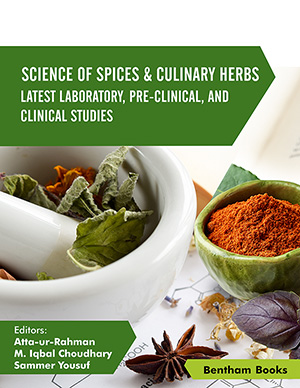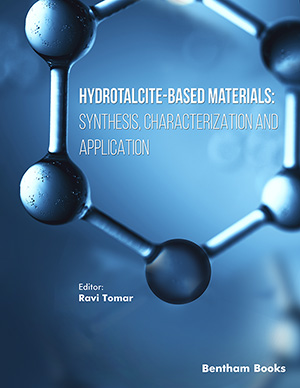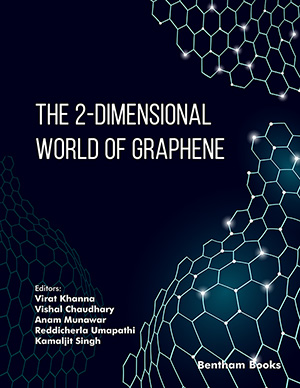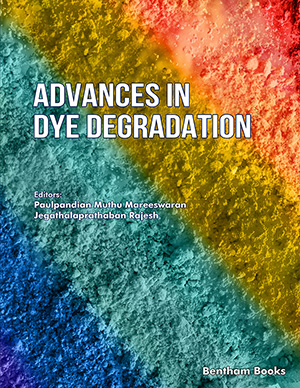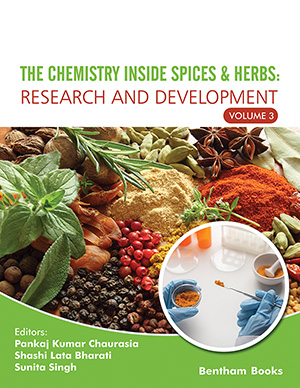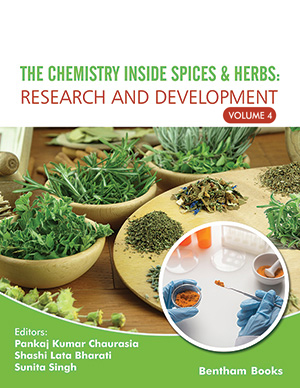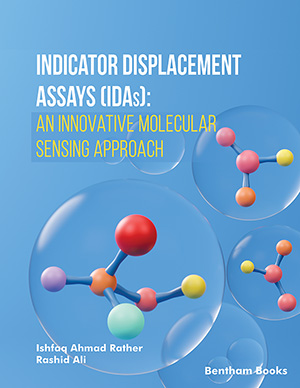
Abstract
Background: Colorectal cancer (CRC) remains a significant contributor to mortality, often exacerbated by metastasis and chemoresistance. Novel therapeutic strategies are imperative to enhance current treatments. The dysregulation of the PI3K/Akt signaling pathway is implicated in CRC progression. This study investigates the therapeutic potential of Wortmannin, combined with 5‐fluorouracil (5-FU), to target the PI3K/Akt pathway in CRC.
Methods: Anti-migratory and antiproliferative effects were assessed through wound healing and MTT assays. Apoptosis and cell cycle alterations were evaluated using Annexin V/Propidium Iodide Apoptosis Assay. Wortmannin's impact on the oxidant/antioxidant equilibrium was examined via ROS, SOD, CAT, MDA, and T-SH levels. Downstream target genes of the PI3K/AKT pathway were analyzed at mRNA and protein levels using RTPCR and western blot, respectively.
Results: Wortmannin demonstrated a significant inhibitory effect on cell proliferation, modulating survivin, cyclinD1, PI3K, and p-Akt. The PI3K inhibitor attenuated migratory activity, inducing E-cadherin expression. Combined Wortmannin with 5-FU induced apoptosis, increasing cells in sub-G1 via elevated ROS levels.
Conclusion: This study underscores Wortmannin's potential in inhibiting CRC cell growth and migration through PI3K/Akt pathway modulation. It also highlights its candidacy for further investigation as a promising therapeutic option in colorectal cancer treatment.
Keywords: Colorectal cancer, wortmannin, PI3K/Akt pathway, antitumor effects, 5-FU, propidium iodide apoptosis assay.
[http://dx.doi.org/10.3322/caac.21492] [PMID: 30207593]
[http://dx.doi.org/10.1007/s10620-021-07213-w] [PMID: 34486085]
[http://dx.doi.org/10.1136/gutjnl-2022-327736] [PMID: 36604116]
[http://dx.doi.org/10.3322/caac.21763] [PMID: 36633525]
[http://dx.doi.org/10.1634/theoncologist.10-90003-40] [PMID: 16368870]
[http://dx.doi.org/10.1038/s41392-020-0116-z] [PMID: 32296018]
[PMID: 16973289]
[http://dx.doi.org/10.1002/jcp.26538] [PMID: 29737515]
[http://dx.doi.org/10.1593/neo.07971] [PMID: 18320073]
[http://dx.doi.org/10.3389/fendo.2015.00188] [PMID: 26793165]
[http://dx.doi.org/10.1242/jcs.093773]
[http://dx.doi.org/10.1038/onc.2008.244] [PMID: 18794883]
[http://dx.doi.org/10.1007/978-3-030-64872-5]
[http://dx.doi.org/10.3390/cancers6031441] [PMID: 25003395]
[http://dx.doi.org/10.1007/s12253-016-0066-5] [PMID: 27156070]
[http://dx.doi.org/10.1038/onc.2008.245] [PMID: 18794884]
[http://dx.doi.org/10.3389/fonc.2013.00093] [PMID: 23638435]
[http://dx.doi.org/10.1186/1756-8722-6-88] [PMID: 24261963]
[http://dx.doi.org/10.1371/journal.pone.0113037] [PMID: 25401499]
[http://dx.doi.org/10.1002/ijc.28236] [PMID: 23629727]
[http://dx.doi.org/10.1080/13880209.2019.1626447] [PMID: 31230505]
[http://dx.doi.org/10.1200/JCO.2008.20.8116] [PMID: 19652069]
[http://dx.doi.org/10.1001/jama.2017.7105] [PMID: 28632865]
[http://dx.doi.org/10.1016/S1470-2045(14)70330-4] [PMID: 25088940]
[http://dx.doi.org/10.1016/S0140-6736(18)32557-1] [PMID: 30982686]
[http://dx.doi.org/10.1016/j.phymed.2020.153191] [PMID: 32135457]
[PMID: 25268086]
[http://dx.doi.org/10.1007/s00423-002-0314-x] [PMID: 12410360]
[http://dx.doi.org/10.1016/S1097-2765(05)00089-4] [PMID: 11090628]
[http://dx.doi.org/10.1016/j.chembiol.2004.11.009] [PMID: 15664519]
[http://dx.doi.org/10.1126/science.7701324] [PMID: 7701324]
[http://dx.doi.org/10.1038/srep44686] [PMID: 28304379]
[http://dx.doi.org/10.1016/j.tice.2022.101755] [PMID: 35220126]
[http://dx.doi.org/10.2174/138161213804547312] [PMID: 22973962]
[http://dx.doi.org/10.1158/0008-5472.CAN-13-0837] [PMID: 24085787]
[http://dx.doi.org/10.18632/oncotarget.2104] [PMID: 24977327]
[http://dx.doi.org/10.1093/jnci/djt346] [PMID: 24301457]
[http://dx.doi.org/10.1038/nprot.2007.30] [PMID: 17406593]
[http://dx.doi.org/10.1038/bjc.2013.681] [PMID: 24178759]
[http://dx.doi.org/10.1002/jcb.26796] [PMID: 29600521]
[PMID: 32665776]
[http://dx.doi.org/10.1002/jcb.27367] [PMID: 30129057]
[http://dx.doi.org/10.1002/jcp.28104] [PMID: 30633353]
[PMID: 16401389]
[PMID: 22127014]
[http://dx.doi.org/10.3389/fimmu.2022.1096312] [PMID: 36733394]
[http://dx.doi.org/10.1021/jp046748b]
[PMID: 24403499]
[http://dx.doi.org/10.1016/j.lfs.2020.117470] [PMID: 32135184]
[http://dx.doi.org/10.1371/journal.pone.0108057] [PMID: 25238546]
[http://dx.doi.org/10.1042/CS20160026] [PMID: 28057891]
[http://dx.doi.org/10.2147/OTT.S88592] [PMID: 26366097]
[http://dx.doi.org/10.1186/s12943-023-01827-6] [PMID: 37596643]
[http://dx.doi.org/10.1016/j.jep.2022.115933] [PMID: 36403742]
[http://dx.doi.org/10.1016/j.coph.2008.08.004] [PMID: 18721898]
[http://dx.doi.org/10.1053/j.gastro.2011.05.010] [PMID: 21723986]
[http://dx.doi.org/10.1007/s00204-023-03440-4] [PMID: 36773078]
[PMID: 12517798]
[http://dx.doi.org/10.1158/0008-5472.686.65.3] [PMID: 15705860]
[http://dx.doi.org/10.1074/jbc.M313145200] [PMID: 14993222]
[http://dx.doi.org/10.1074/jbc.274.42.30101] [PMID: 10514497]
[http://dx.doi.org/10.3390/cancers15030703] [PMID: 36765661]
[http://dx.doi.org/10.1126/science.1073560] [PMID: 12130661]
[http://dx.doi.org/10.3748/wjg.v18.i28.3745] [PMID: 22851869]
[http://dx.doi.org/10.31083/j.fbl2802037] [PMID: 36866550]
[http://dx.doi.org/10.1016/j.phrs.2014.12.004] [PMID: 25533812]
[http://dx.doi.org/10.1016/j.jbior.2022.100934] [PMID: 36402737]
[http://dx.doi.org/10.1016/S1470-2045(10)70130-3] [PMID: 20619739]
[http://dx.doi.org/10.1593/neo.08336] [PMID: 18516290]
[http://dx.doi.org/10.1016/j.gde.2009.11.002] [PMID: 20006486]
[http://dx.doi.org/10.1016/j.jconrel.2019.12.019] [PMID: 31838203]
[http://dx.doi.org/10.1111/j.1349-7006.2009.01084.x] [PMID: 19469020]
[http://dx.doi.org/10.1177/147323001204000305] [PMID: 22906259]
[http://dx.doi.org/10.1038/35082500] [PMID: 11429595]
[http://dx.doi.org/10.1158/1078-0432.CCR-04-2419] [PMID: 16115953]
[http://dx.doi.org/10.1159/000011849] [PMID: 9499189]
[http://dx.doi.org/10.4236/ojpathology.2018.83013]
[PMID: 23091892]
[http://dx.doi.org/10.1158/1535-7163.MCT-18-1241] [PMID: 31092562]
[http://dx.doi.org/10.1016/j.biomaterials.2018.03.055] [PMID: 29631163]
[PMID: 11034087]
[PMID: 11595724]
[http://dx.doi.org/10.1021/acsnano.5b02913] [PMID: 26267360]
[http://dx.doi.org/10.1021/jm901427g] [PMID: 19928864]
[http://dx.doi.org/10.1016/j.biocel.2014.06.007] [PMID: 24953561]
 22
22 2
2



















